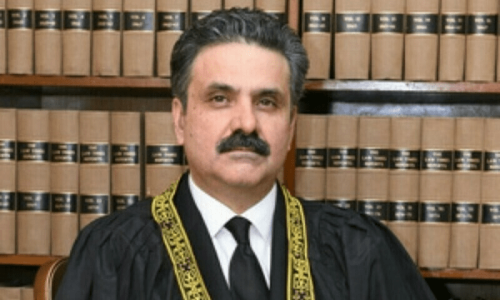IN the continuing disaster at Fukushima, Japan’s nuclear safety agency has now raised the crisis level to seven: the highest category of nuclear accident. The government is widening the evacuation zone. The unpalatable truth is that the legacy of Fukushima will be with us for a long time to come. The numbers are staggering. Latest information from nuclear consulting engineer John Large tells us the six reactor cores held 487 tonnes of uranium (of which 95 tonnes includes 230kg of plutonium, an even nastier substance, from the Mox assemblies), with a further 1,838 tonnes of stored spent fuel, including 1,097 tonnes in the central pool store. There is no question there have been very significant and “ongoing” releases of this radioactive inventory.
But even away from this disaster, facts about the industry’s cost and scope to meet Europe’s energy needs should be enough to give nuclear supporters pause. For instance, government figures state that a very ambitious new nuclear-build programme will give us only four per cent of the energy we need. Electricity provides only 20 per cent of our energy, and at its peak nuclear only provided 20 per cent of electricity.
Energy policy professor Steve Thomas points out that the scale of problems at newbuild reactors in Finland and France has taken even sceptics by surprise. Originally priced at euro3bn, the Finnish reactor’s cost is estimated to be at least euro5.7bn, and the French reactor is doing just as badly. Britain’s nuclear waste bill is still growing too: liability estimates have grown from £50bn in the mid-2000s to as much as £80bn at present.
In stark contrast to the “measured exit” from nuclear power of Angela Merkel, the German chancellor, the chief executive of EDF insists that new UK reactors “will have to go ahead” — maybe something to do with the £12.4bn they’ve already spent on buying UK nuclear sites.
And when Nick Clegg suggested that the next generation of nuclear power stations may never be built because the recommended higher and more costly safety standards would make them too expensive, Chris Huhne launched an astonishing attack on his party leader, accusing him of behaving like a “headless chicken” on the issue.
Huhne’s more considered move was to call on the Health and Safety Executive’s chief nuclear inspector, Mike Weightman, to do a “thorough report on the implications of the situation in Japan and the lessons to be learned”.
Sadly, compared to other countries, the HSE review is looking increasingly narrow.
All this points to a key difference between the rhetoric and reality of nuclear risk management. Despite an unending round of nuclear consultations there remain fundamental questions about ‘what if’ issues such as fuel supply and manufacture, vulnerability to attack, radioactive waste management, radiation risk, decommissioning, reactor coastal siting, flooding, nuclear costs and accident liabilities. — The Guardian, London












































Dear visitor, the comments section is undergoing an overhaul and will return soon.